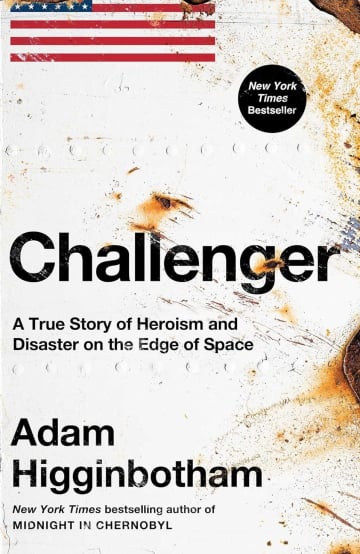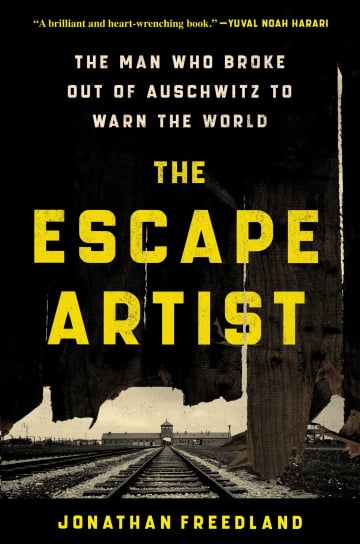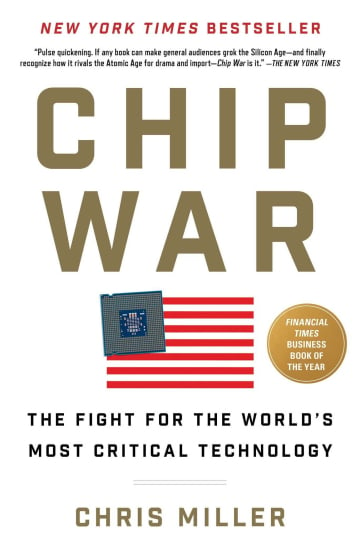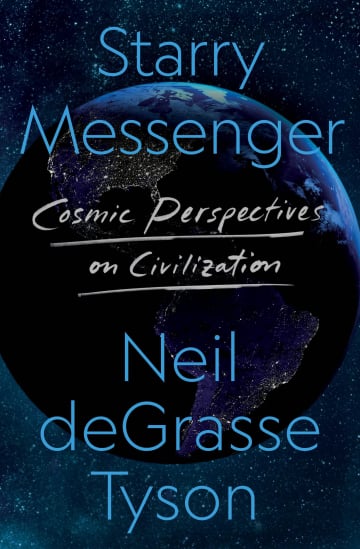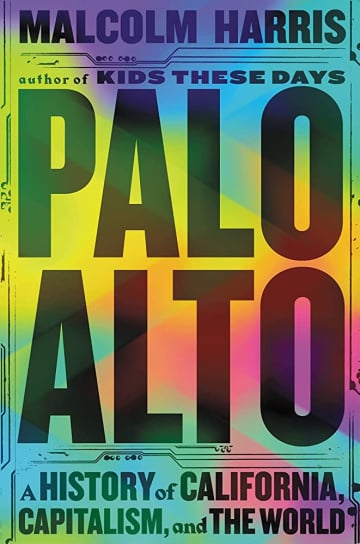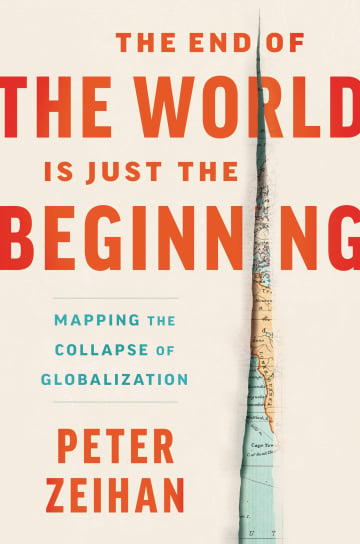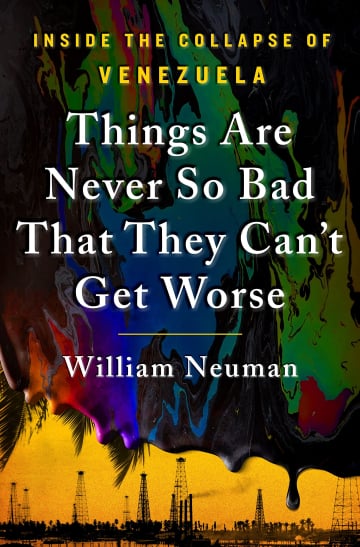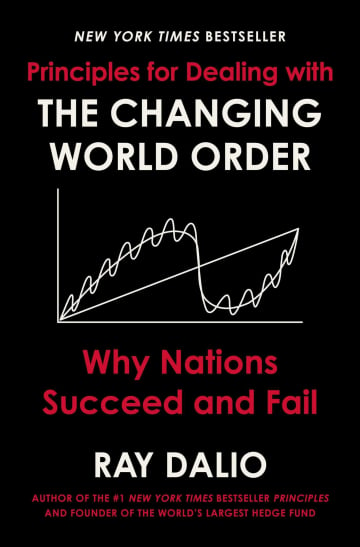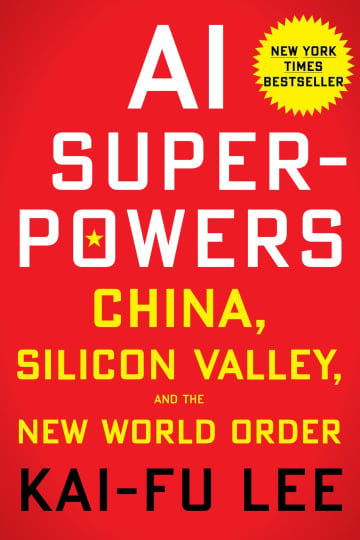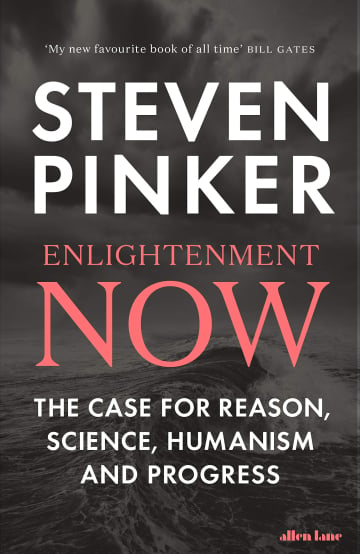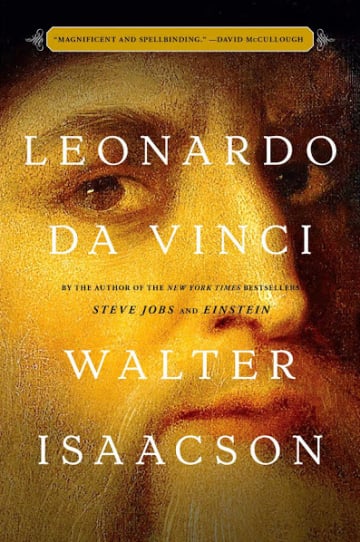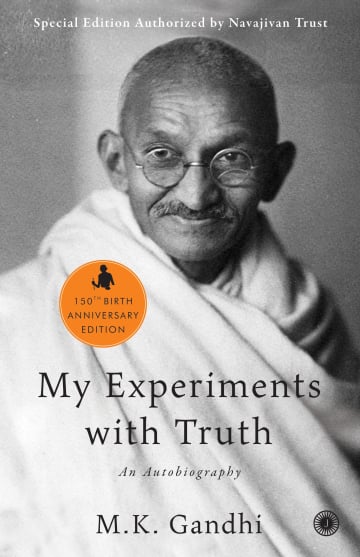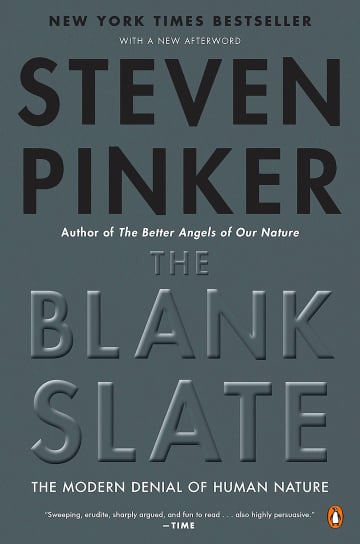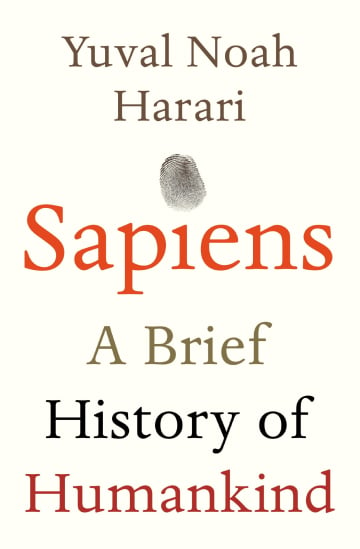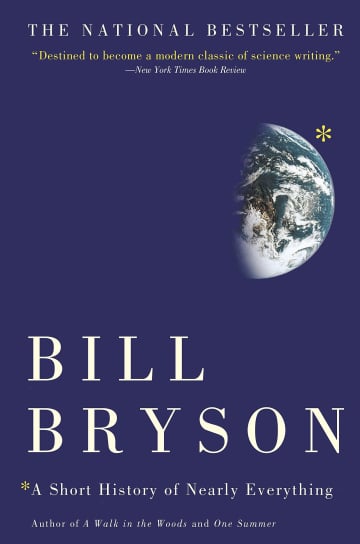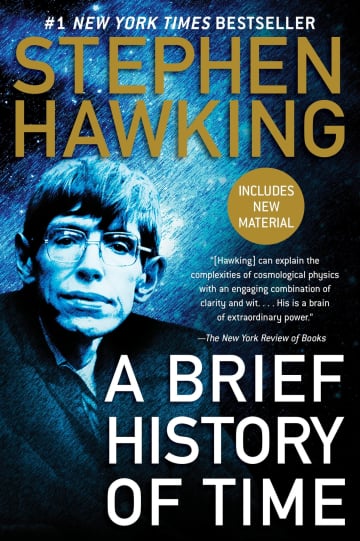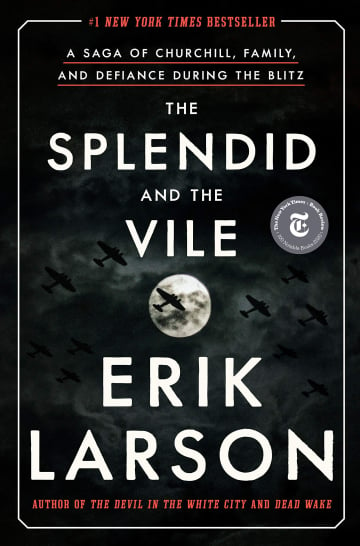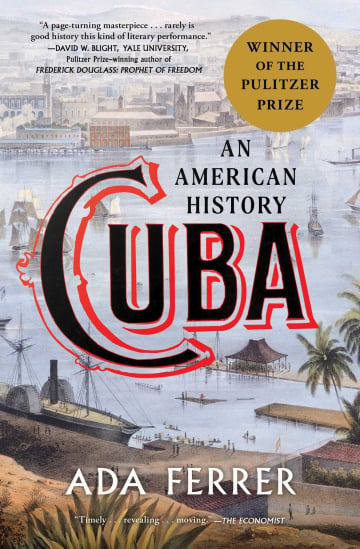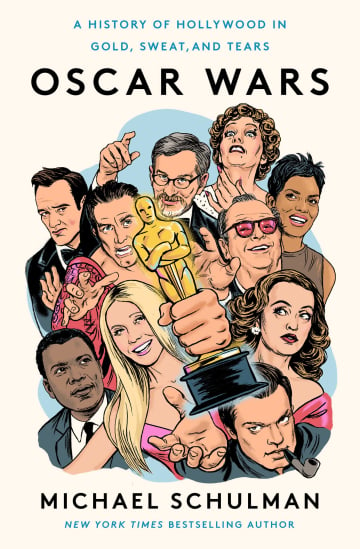
Oscar Wars: A History of Hollywood in Gold, Sweat, and Tears
⚡️ 10 Quotes from the book
“The Oscars are a battlefield where cultural forces collide and where the victors aren’t always as clear as the names drawn from the envelopes.”
“If there’s a common thread running through the decades of Oscar wars, it’s power: who has it, who’s straining to keep it, who’s invading the golden citadel to snatch it.”
“Art isn’t meant to be ranked like a sports team or scored like a tennis match, but human nature drives us toward gamesmanship: we like watching people win or lose, and if given the chance, we want to win.”
“More than 65 percent of the population went to the movies in 1930; it was a necessity, like bread or milk.”
“The industry had survived the Depression by keeping America entertained, which meant keeping the escalating events in Germany off the screen.”
“To be a star was to have the most visible power a woman could get in Hollywood, but it was power in a vise. You had to be pretty, thin, and, with rare exceptions, white.”
“If the Oscars of 1988 had a credo, it was “more is more.” The hair was big. The movie budgets were big. Understated elegance was not the fashion.”
“This is the story that people always liked to tell about Harvey Weinstein: the brazen, bullying mogul who treated art house cinema like a mob boss and who would stop at nothing to win awards. Whether you loved him, loathed him, feared him, or revered him, there was no denying that he had chutzpah, that he played the game better than anyone else, that he was “passionate about film.”
“In November, Trump won the election, sending an ugly fissure through the American populace. His upset win, fueled by racist backlash toward Obama, was a particular knife wound for Black America.”
“The Oscars strive to be two things at once: an industry recognition of the crafts represented by its branches and a splashy television event that must appeal to a mass audience. In the past few years, those two goals had appeared increasingly incompatible.”
Related videos
Ask Albert:
Rate the book
⚡️ Discover Even More Bookish Wisdom
recommends
recommends

